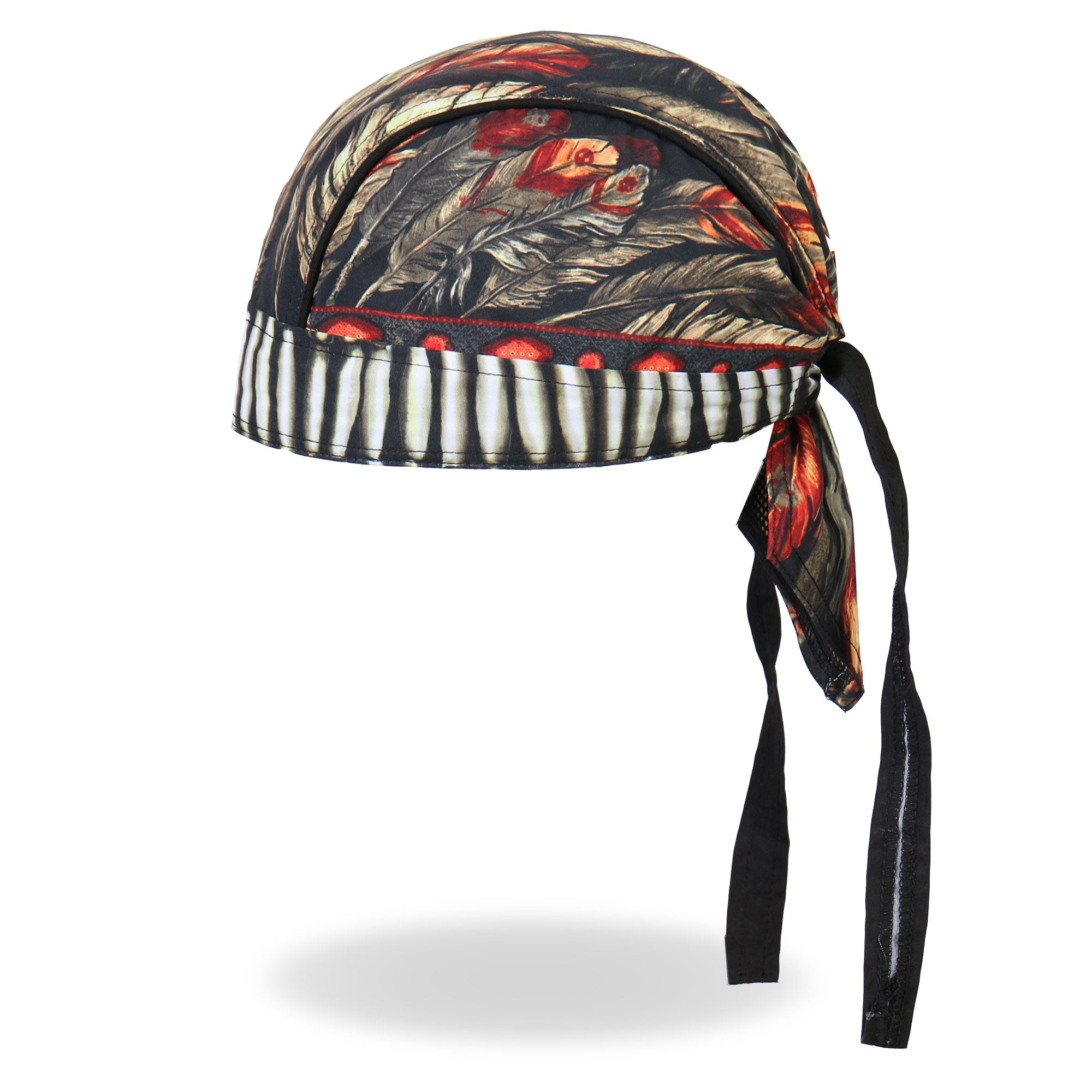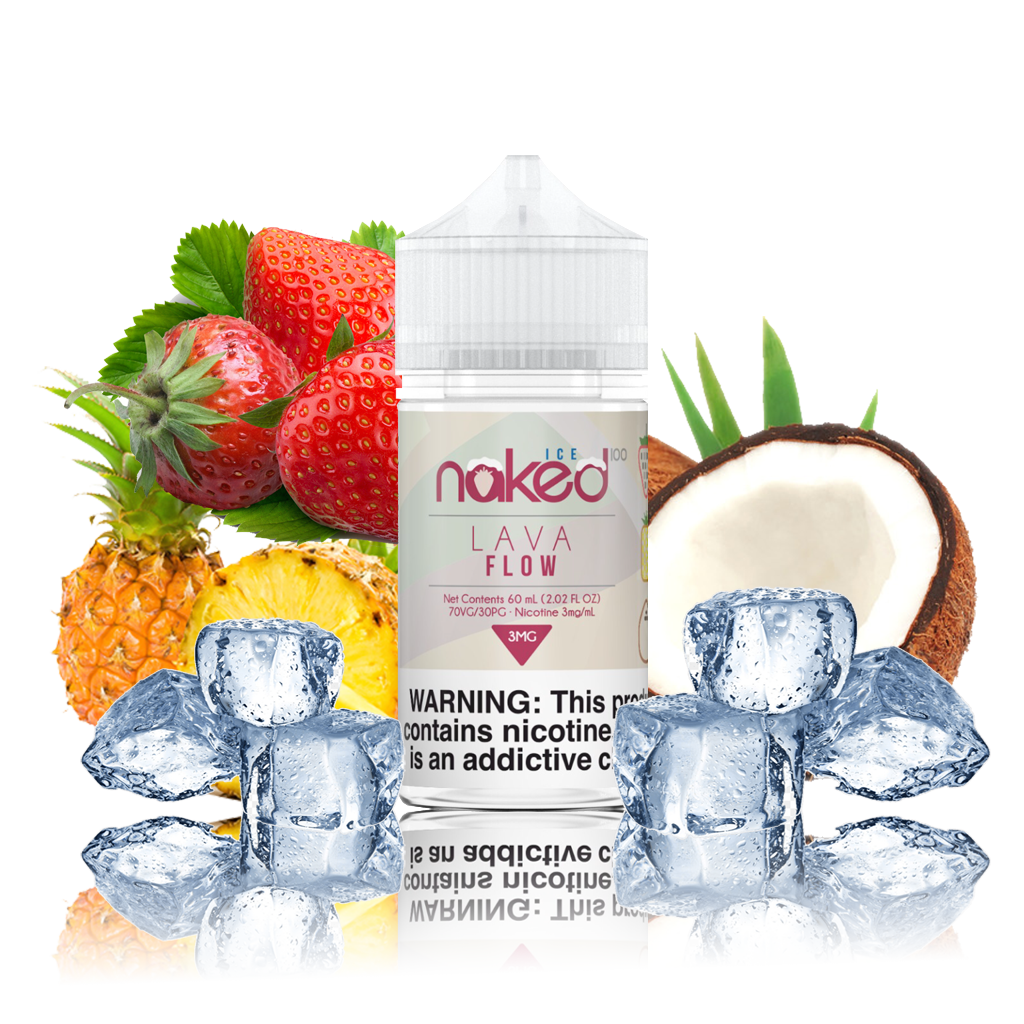

As the outer sectors are filled, and more data is written to the inner regions of the drive, speeds may drop. Take these numbers with a grain of salt.Īlso, as with all hard drives, transfer rates vary according to where you are on the platter. The IronWolf's write performance in AS SSD was 40MBps slower than the BarraCuda 10TB, but we're still trying to understand the BarraCuda 12TB's sudden drop in write speed. Note that AS SSD issues the FUA command, which disables all write-caching for the drive, including any done by Windows. That could have affected the result. We generally trust its results, but it does spit out the occasional odd numbers.
IRON WOLF EXPRESS INC PRO
IDGĪs far as CrystalDiskMark 5 is concerned, the IronWolf and BarraCuda Pro might as well be the same drive.ĪS SSD actually rated the IronWolf as writing faster than the BarraCuda Pro. IronWolf's not-quite-as-fast is still darn quick. To verify the results, we followed up with real-world copying of a single large 20GB file and a 20GB mix of smaller files and folders to and from the platters.Įven though we’d already tested the BarraCuda Pro, which outpaces the IronWolf by a few percentage points, it was still a hoot to see large amounts of contiguous data transfer at 250MBps. We tested the IronWolf 12TB using both the AS SSD and CrystalDiskMark synthetic benchmarks. We'll be using the IronWolf daily for the near future and we'll let you know if there are any problems, or not. Seagate did confirm that the heads and media that test higher go in the more expensive drives, hence you'll see a slight step down in performance in the IronWolf.
IRON WOLF EXPRESS INC FREE
It also lacks the two years of free recovery service included with the IronWolf Pro and BarraCuda Pro. The plain IronWolf we tested is warrantied for three years and “only” 1 million MTBF and 180TBW. It's yearly wear usage/recommendation rating, much as you'll find with printers and their page cycles Note that the TBW rating in this case is not directly indicative of the lifespan of the drive as it is with SSDs. The IronWolf Pro is warrantied for five years and rated for 1.2 million hours MTBF (Mean Time Before Failure) and 300 TBW (TeraBytes Written) per year. More power, faster startup and movement, more noise. Seagate told me both the power draw and acoustic differences have to do with the power being applied to the head assembly. Most saliently, the startup voltage is slightly different, as well as the acoustics, with the Pro being rated 0.7db louder. If you delve into the specs, you'll notice some differences between the plain IronWolf and IronWolf Pro versions. For some reason, the 8TB version draws another watt, while the 10TB draws the same, and the 4TB and 6TB versions draw less. The unit draws 7.8 watts-a relatively small amount of juice for a hard drive. Its interface is SATA 6Gbps, and it uses PMR (Parallel Magnetic Recording) that is filled with helium to reduce drag on the spinning platters.

The drives are expensive, though, with similar or even higher price points than the best PCIe 4.0 SSDs we’ve tested, weighing in at roughly $0.20-0.26 per gigabyte at the time of publishing.The IronWolf 12TB is a 3.5-inch hard drive rotating at 7,200rpm with 256MB of onboard cache. Seagate’s IronWolf 525 is available in popular capacities of 500GB up to 2TB.


 0 kommentar(er)
0 kommentar(er)
